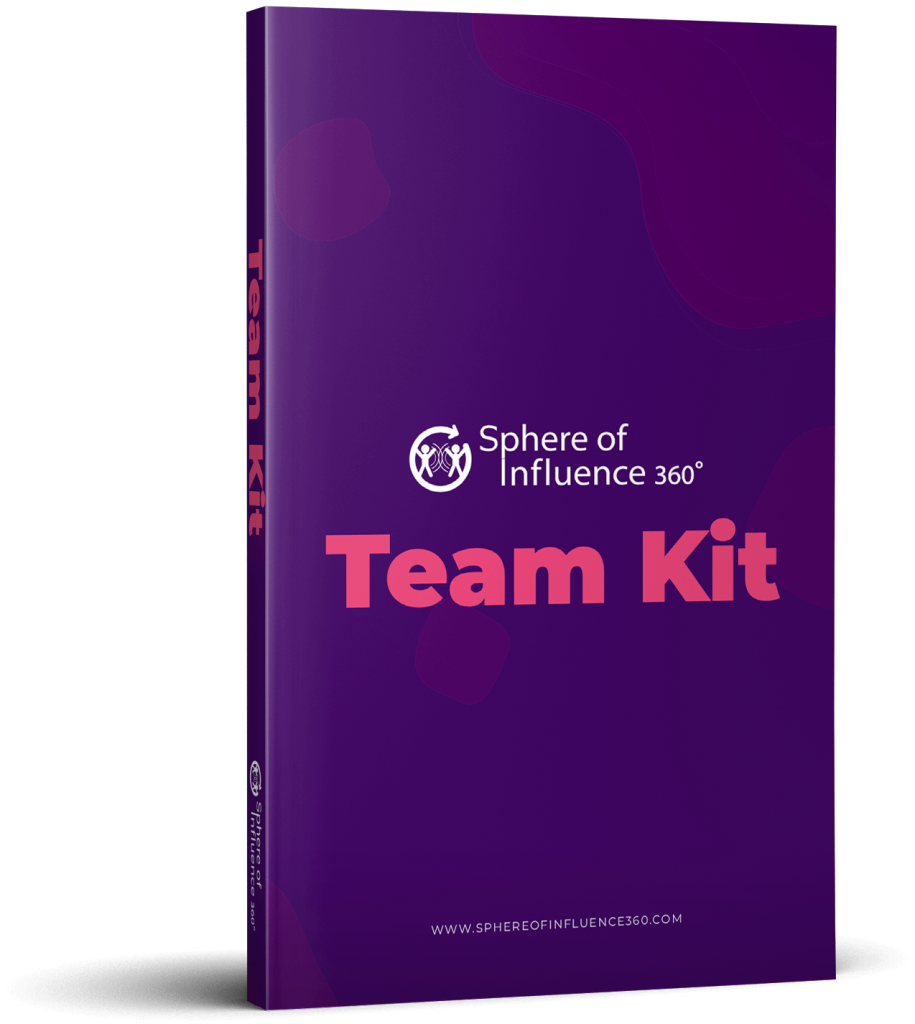If there’s one thing I’ve learned as a behavioral specialist – it’s that we aren’t mind readers. Did you need an interaction consultant to tell you that? I highly doubt it, but you’d be surprised at how often my colleagues and I find ourselves digging into different cases of miscommunication, only to find assumptions at their root.
In fact, I’ve got an example from my personal experience to illustrate. Admittedly, it’s a cute and innocent story, but it illustrates my point. In this story—I was apparently a sushi chef.
Nicolien the Sushi Chef
According to the story—which my step-kids had taken as given—I was very busy at work in a sushi restaurant during my live as a student. Allegedly, I spent a great deal of time training and preparing nigiri, sashimi, maki, and what have you.
Now I’ve been a dancer, a consultant, trainer, and entrepreneur, but never a sushi chef. Yet simply because I could roll up a platter at parties, my step-kids believed I’d done the training, pursued the career, and now worked nights at Sushi Express or Nobu. Truth is, I’d only learned from an Indonesian-Chinese friend of mine, but they believed this for years.
And the thing is, we make assumptions all the time on a daily basis – maybe even hourly. What do you think happens when our assumptions are not so harmless?
My story begs the question: what do we know, and what do we think we know? How much of our behavior and interactions are based on guesswork about the people we work with?
What Kind of Assumptions?
Assumptions have many forms; but they tend to cover the following:
Motives– We assume we understand the rationale for someone’s behavior;
Expectations –“Kris is a very busy lady, she must want me to do this work as fast as possible”;
Thoughts –“Filip is telling me about lay-offs, he’s thinking about firing me”; and
Assumptions – Yes, sometimes, we assume we know other people’s assumptions too.
But do we really know what’s going on in other people’s minds? The safest guess to make would be NO. So,
For communication to work, it’s time we stopped assuming and started checking.
Why They Cause Problems
When our brains work with assumptions alone, we open the door to a whole host of potential miscommunications. My colleagues and I see it all the time when we’re assessing candidates: when we observe their conversations and ask them to reflect on their interactions, , we hear them filling in the blanks with assumptions.
“I tried this method because Bette was thinking about a quick fix.”
“I had to do it this way because Mo didn’t have time…and he doesn’t likewaiting around.”
We can, in a sense, see people role-playing with themselves.
Instead, we could try to stop, and ask ourselves: “How can we be sure?”
The best possible outcome when we assume things about others is that we guess right, but we can’t know how or why unless we inquire. In the worst possible scenario, we risk offending someone deeply.
With this in mind, here are two challenges I’d like to pose to anyone who wants to improve their influencing skills.
Challenge #1: Ask First.
As an observer of other’s behavior, I believe that assumptions are mental shortcuts – or at least, that’s what they look like at first. When we’re at work, we’re required to move quickly and take efficient action, so these shortcuts look attractive. Rather than investigating the situation, we fill in the blanks and charge on with what we think (or assume) we know.
In the long run, this often creates more work – it’s a detour. Assume incorrectly and we’re all left with ‘tweaks’, ‘amendments’, or a lot of cleaning up to do. Why not just find out first?
The Challenge: My challenge to you, is to ask before you begin. Explore with your colleague, manager, or client before investing your energy, and you will save everyone a lot more effort in the scheme of things. If possible, ask open questions to glean even more information: “Tell me what your ideal design would look like…” or “Describe how you want this solution to simplify your life…”
Challenge #2: Check.
Listening is a skill, and an active one at that – people are busy; we deflect distractions all the time, and we all come to our jobs with different mental outlooks. Everyone has their perspectives, and really hearing someone takes focus – so even the best intentions get misinterpreted. To listen authentically, you need to check.
The Challenge: Summarize and probe. Repeat it back if necessary, test what you’ve heard and see if you’re on the same wavelength. “If I’ve understood you right, you’d like…”or “Let me double-check my understanding with you…”
Over To You
I guarantee that at some point, an assumption was the cause of a workplace miscommunication in your professional life. If you’ve ever spent more time on a task than you needed to, or if you’ve struggled to get along with a teammate, try these challenges. With fewer assumptions and more clarity, we could all benefit from better quality work, improved relationships, and less stress through the day. What do you think?

